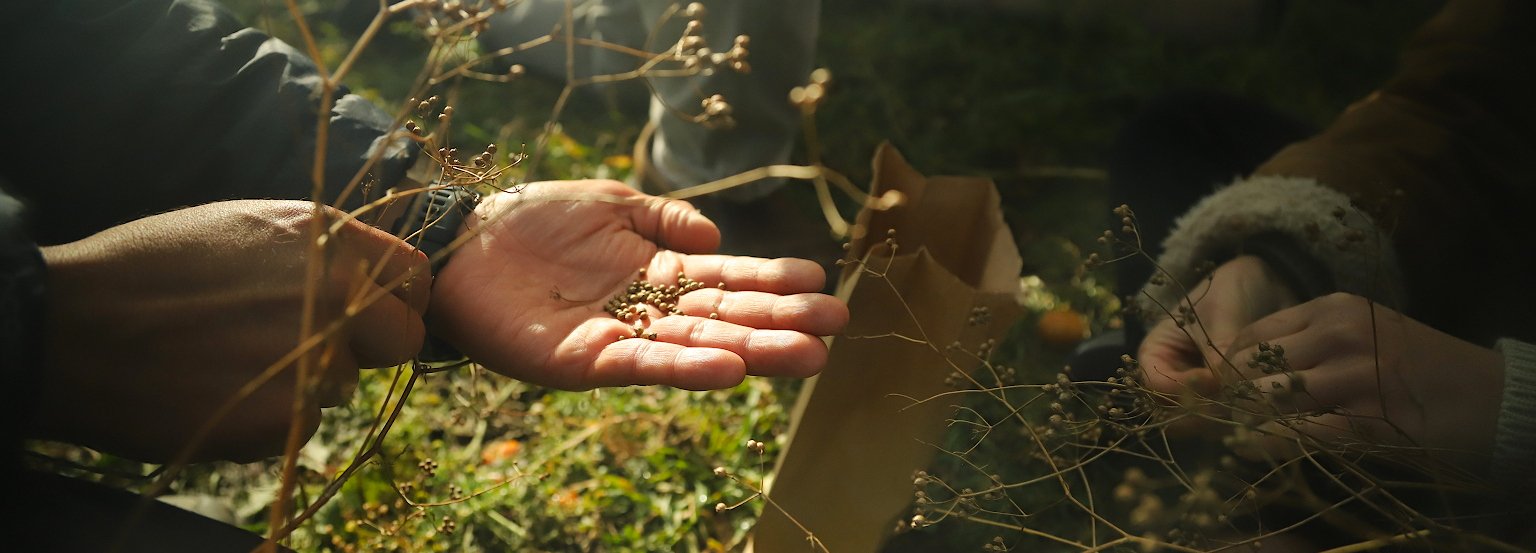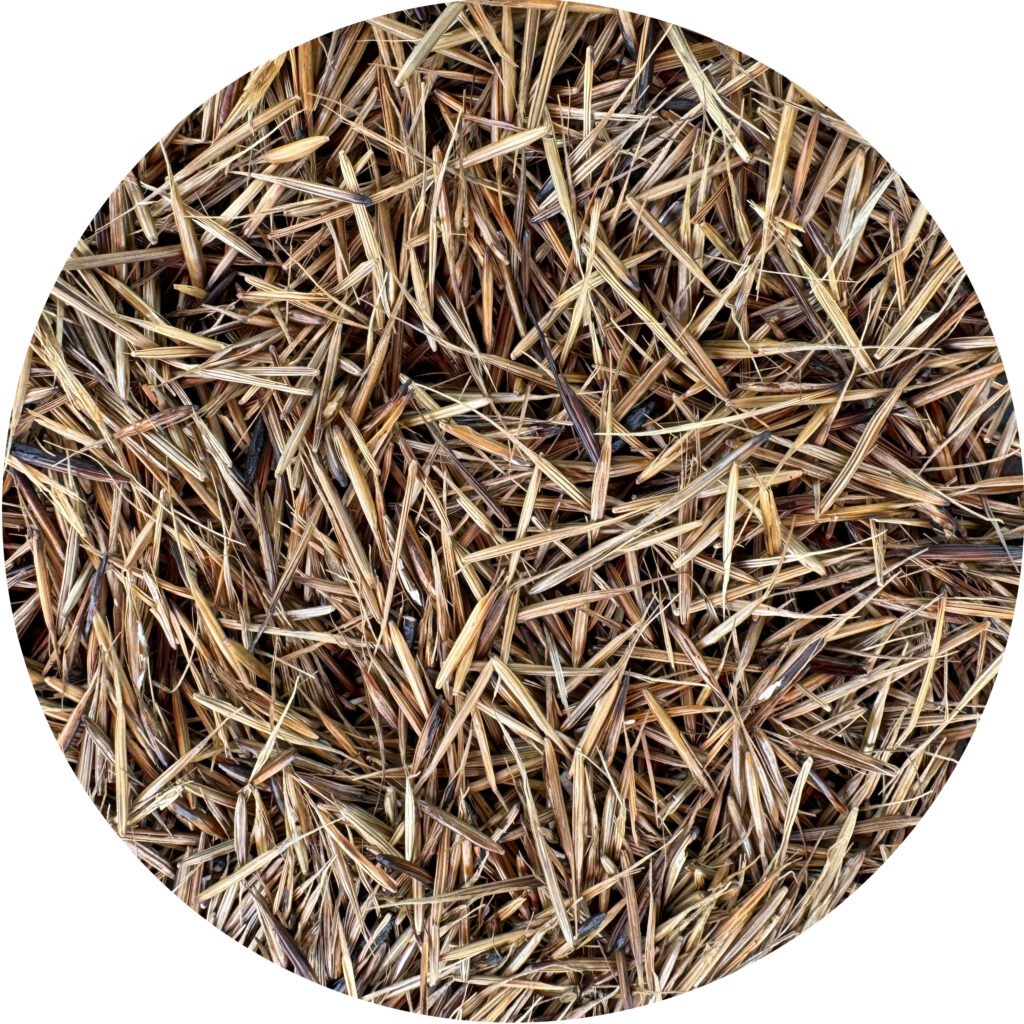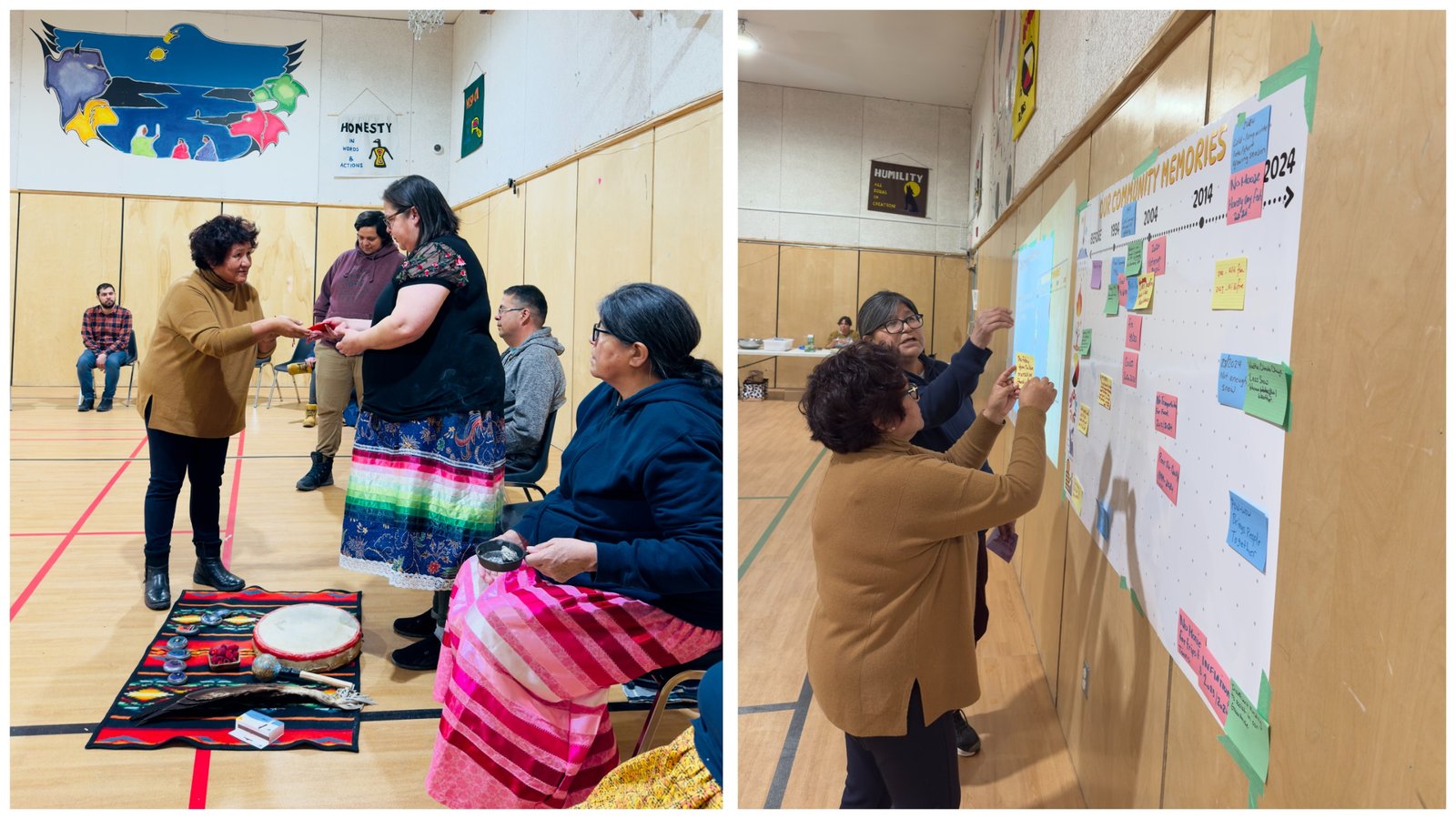The Braiding Food Systems Project
Why Seeds?

Seeds carry stories. They hold history, culture, and tradition. They are a symbol of resilience and are deeply connected to the way we grow, share, and eat food—past, present, and future. Seeds are key to protecting biodiversity, adapting to climate change, and ensuring that everyone has access to healthy, nutritious and culturally meaningful food.

But seeds are more than just what we plant. Seed systems also include the ways seeds are shared, protected, and passed down through generations. These systems connect people to the land and support traditions, community well-being, and healthy environments. Locally-grown seeds help build strong, sustainable communities by supporting local diets, cultural practices, and local economies.
Today, many of our food systems rely heavily on chemicals, imported products, and large-scale farming. We need to shift toward food systems that are diverse, healthy, affordable, and rooted in local traditions. This transformation will require changes in how we think about the economy, the environment, and decision-making.

Climate Change and Indigenous Communities
Climate change is already affecting Indigenous communities—especially in Northern Ontario. These communities often face high rates of health challenges, and climate change can make things worse. As food becomes harder to grow, it increases the risk of hunger, poor nutrition, and poverty.
Fewer Seeds
Today’s traditional farming often focuses on just a few types of high-yield seeds. This reduces seed diversity and threatens traditional growing practices. As important seeds disappear, so do the cultural knowledge and traditions tie to them. Many Indigenous leaders are calling for food systems that are both nutritious and culturally meaningful. Saving and sharing traditional seeds can help communities grow food that is healthier and more aligned with their values.

Bringing Together Different Knowledge Systems
Indigenous communities face many obstacles to growing and accessing their own food. To build strong, resilient food systems, we need to bring together many types of knowledge—Indigenous, local, scientific, and practical. By working together, we can find creative and inclusive ways to solve problems, collect evidence, and influence policy. This approach values both data and lived experience and helps create better solutions for communities.

Sharing What We Learn
The knowledge we gain through research and community collaboration doesn’t stay in reports. We share it in many ways—like videos, infographics, and plain-language summaries—so that more people can learn from and apply it. These tools help others join the effort to build healthier, more sustainable, and culturally rooted food systems.
